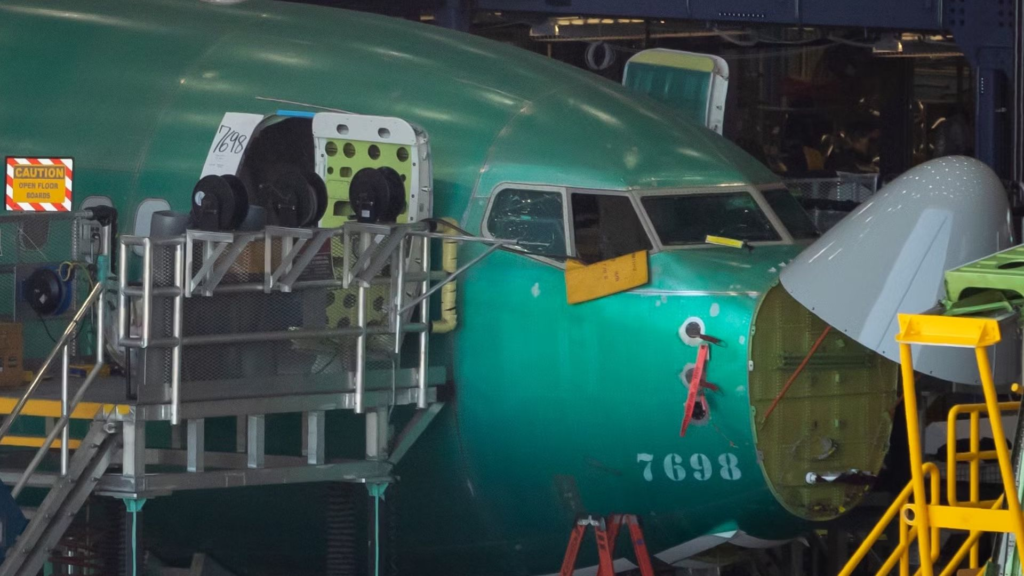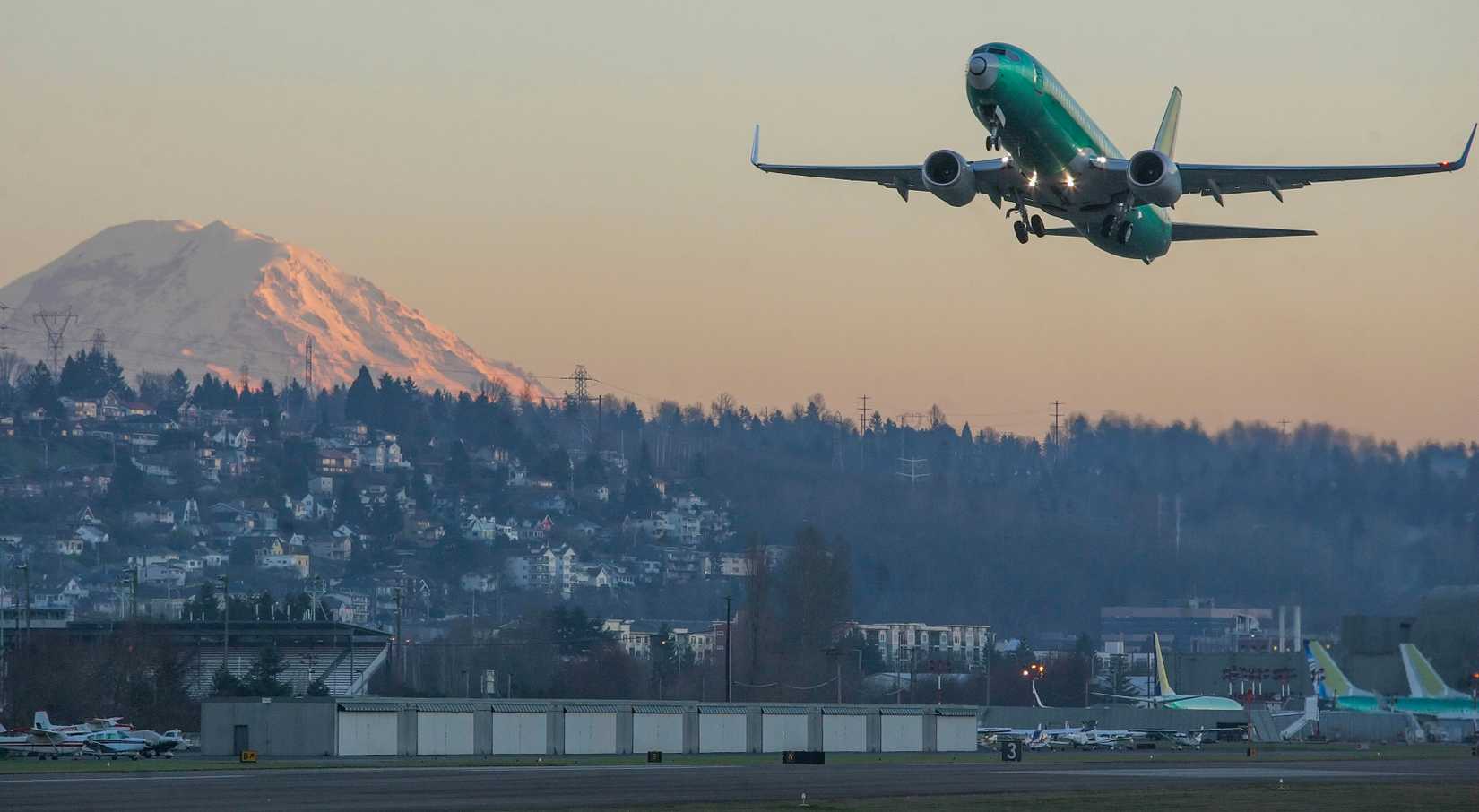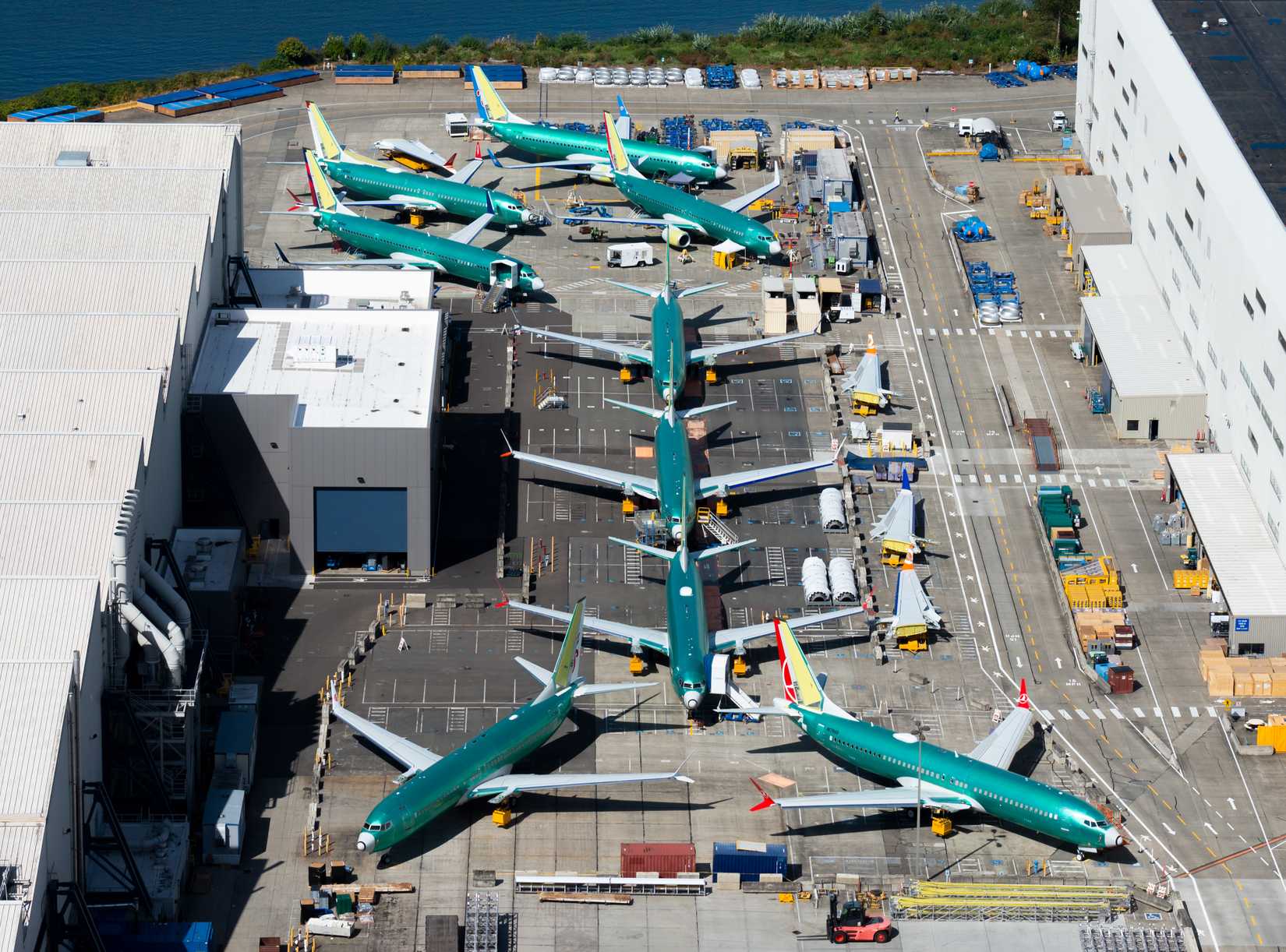The Federal Aviation Administration (FAA) will allow Boeing to resume issuing airworthiness certificates for some Boeing 737 MAX and Boeing 787 jets on alternating weeks starting on September 29. For the past few years, the FAA has revoked that authority, first for the 737 MAX in 2019 and later for the Dreamliner in 2022. This move will not improve Boeing deliveries, but it signals progress on the firm’s overarching safety and quality challenges.
- Stock Code
-
BA
- Business Type
-
Planemaker
- Date Founded
-
July 15, 1916
- CEO
-
Kelly Ortberg
- Headquarters Location
-
Chicago, USA
The FAA has indicated that it will continue to maintain rigorous oversight of Boeing and shift inspectors toward deeper production surveillance. Boeing’s 737 MAX output cap remains at 38 jets per month, and any rate hike would still require extensive FAA review. The FAA recently imposed a $3.1 million fine on Boeing for what it referred to as “hundreds” of quality violations. In response to the news, Boeing shares rose around 5% in Friday trading.
An Upcoming Shift For The Manufacturer
Starting on September 29, Boeing regains limited ticketing authority, as it and the Federal Aviation Administration will alternate weeks issuing airworthiness certificates for Boeing 737 MAX and Boeing 787 Dreamliner aircraft. This move will not immediately boost actual aircraft output, but it does signal that the FAA’s confidence in Boeing’s process and quality improvements is improving.
This move will now allow the FAA’s inspectors to redirect their efforts to earlier in the production flow, instead of individual aircraft sign-offs. Boeing’s output remains capped at 38 MAX family aircraft per month, and any rate increase will require extensive planning. In a statement published by Reuters, the FAA had the following words to share:
“The FAA will only allow this step forward because we are confident it can be done safely.”
What Does This Mean For Boeing?
It is important to note that this latest move is a confidence signal from the manufacturer to Boeing, not an actual move that indicates that Boeing will be able to unlock additional capacity. The manufacturer’s alternating-week approval stamping helps begin the process of restoring some self-certification capabilities for the Boeing 737 MAX and Boeing 787 programs, easing delivery frictions and improving the predictability of schedules, all while freeing FAA inspectors to focus on earlier steps in the production process.
Investors will want to take note of how governance and quality efforts are slowly gaining traction, with shares popping in today’s trading. However, the FAA has been quick to emphasize that oversight of Boeing remains both direct and rigorous. The 38-per-month 737 MAX cap still applies until the FAA approves any additional rate hikes.
In the near term, investors can anticipate modest improvements in working capital and customer relationships that will enable smoother aircraft handovers. However, the bigger picture of production rate increases still remains mostly undiscussed. In the medium term, the prize is going to be the eligibility to raise rates if initial audits validate a sustained quality spike. Overall, risks do persist, specifically when it comes to recent violations and proposed fines alongside an ongoing Department of Justice investigation.
What Did The Market Make Of All This?
The market reacted strongly to today’s news. Boeing shares rallied around 4-5% after the Federal Aviation Administration said it will share ticketing duties with Boeing. Investors read this as a progress signal in terms of both safety and quality that should help smooth handovers and reduce overall delivery frictions.
Investors are likely still waiting for any signals that will indicate the FAA will lift its existing 38-per-month 737 MAX production cap. This move will improve near-term scheduling visibility and sentiment for its 2026-2027 output and cash flow picture.
The Federal Aviation Administration is still promising direct and rigorous oversight. Investors are likely still waiting to see whether the FAA actually approves the Boeing production cap in order to fully buy this signal.





